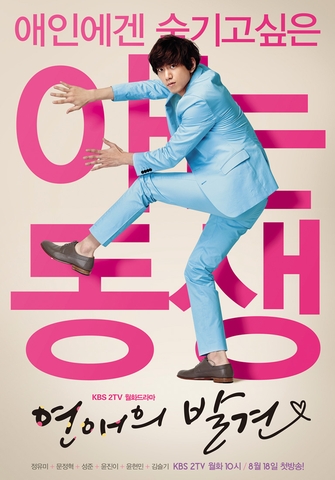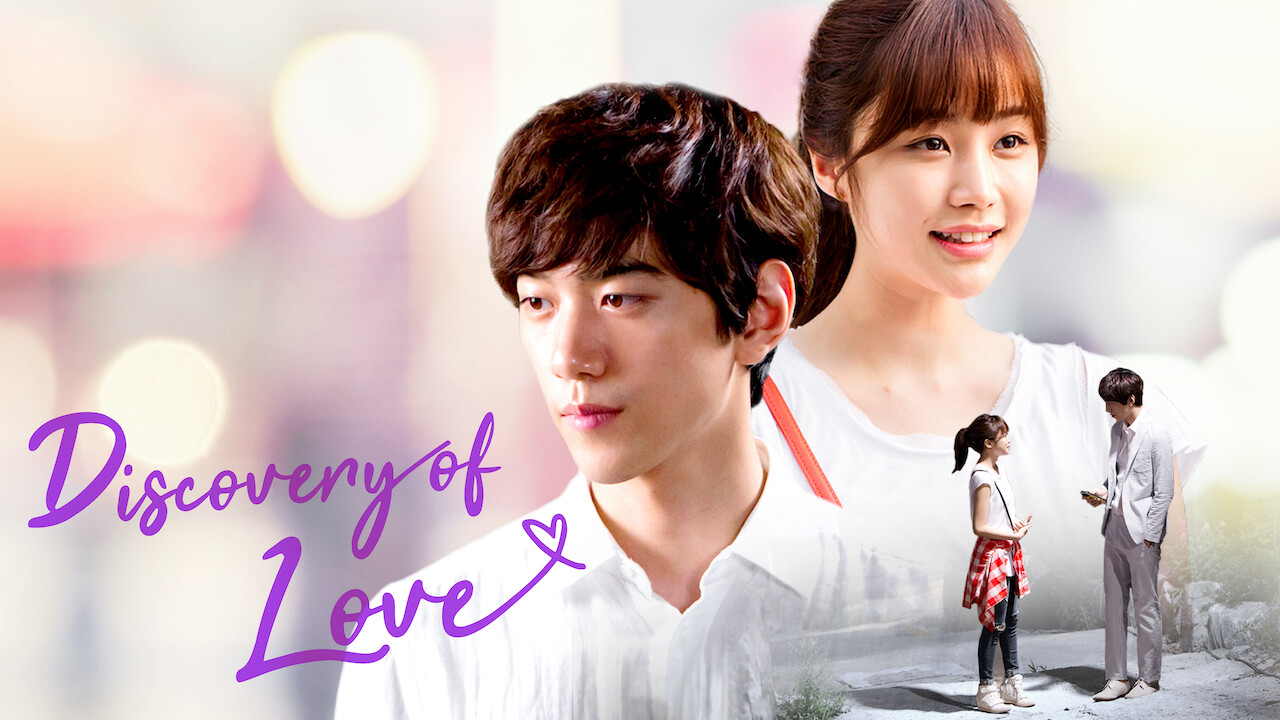

I didn’t even tell people, or even really recognize myself, what I was doing until about six weeks into the process. Writing fiction wasn’t a decision, it was a complete accident. Q: I’ve read that, before Witches, you hadn’t written any fiction since a tenth-grade short story assignment is that correct? I know for sure that I would not be a professor, I would not have written this book, if not for MHC. It’s really important to me that there be women in fiction who show that struggle and come out the other side of it with a knowledge of who they are, something I was fortunate to get at MHC. They’ve accepted their power.Įven very smart, accomplished women can hold back and not fully engage with the world. They voice their opinions, and they live a life without apology. I can be in a meeting with thirty people I’ve never met and I can tell you who went to women’s college, because they don’t necessarily accept a secondary role. And I can in my own faculty and my graduate seminars. I teach graduate students and went to graduate school, and in both cases I could spot the women’s college graduates. Some of us have to go through the process all over again of going back to what we learned in college and not giving that up just because we’re now in a world that doesn’t support it. Then a lot of us discover that the world isn’t as hospitable as MHC was.
DISCOVERY OF LOVE FULL
The reason I feel strongly about this issue is because, at MHC, you spend four years in an environment that’s very accepting and nurturing when it comes to realizing your full power. Diana fills her life with all kinds of things to distract her from taking a hard look at herself. You see that in a lot of the female characters: Ysabeau and Sarah have fully accepted who they are and their place in the world, but Diana, who is on top of her game professionally, is kind of blind to the power that she has. So this is really a book about women accepting the power of who they are. And if they have it, women wonder if they can wield it in a way that is humane and strong. There’s both a desire for power and women don’t know if they should want it. Maybe she’s not a witch, can’t conjure up fire, but women have all kinds of power, yet most of us have very conflicted notions about having that power. What I really wanted to do in this book was to explore an issue I first became aware of at MHC, the issue of a woman accepting who she is and the power she has. Q: You have very strong female characters throughout the book. People say only a historian could have written this book, and I say, no only a liberal arts college graduate could have written it because of the way it pulls from literature, history, science…from the kind of broadly conceived education that MHC and other liberal-arts colleges represent. That can be undervalued in our world of professionalization and specialization.

In the way it situates you in a world of ideas and texts-that I experienced for the very first time at MHC and it is still very precious to me.

So even though Diana goes to Bates-that was my 2 nd choice-the whole book is a kind of love letter and a poem to what a liberal arts college represents both for Diana and for Matthew. I have a personal commitment to the liberal arts that I got from MHC. Q: What aspects of Witches, if any, can trace their heritage to your MHC experiences? And the book has so hugely exceeded that in some ways that I haven’t completely absorbed it all. My outer limit of success was that the book would be published. Nobody expects anything like this to happen to them. Q: You’ve received fellowships and awards for your scholarly work, but I imagine it’s another order of magnitude to have fans in the pop-culture sense. And the minute I do, the paperback will come out here and it’ll start all over again. It’s finished here in the US, but it keeps rolling out in other places-I’m about to go to Europe for the French publication-so it’ll be a while before I can call it over. Is the tour launching A Discovery of Witches over? Below is an edited transcript of an interview with her in April 2011. She is the author of two nonfiction books in addition to A Discovery of Witches, the first volume in a planned “All Souls” trilogy. In addition to writing bestselling fiction, Deborah Harkness ’86 teaches in the University of Southern California at Los Angeles Department of History, specializing in the history of science. Of Witches, Women, and MHC: An Interview with A Discovery of Witches Author Deborah Harkness Interview with “A Discovery of Witches” author Deborah Harkness ’86


 0 kommentar(er)
0 kommentar(er)
